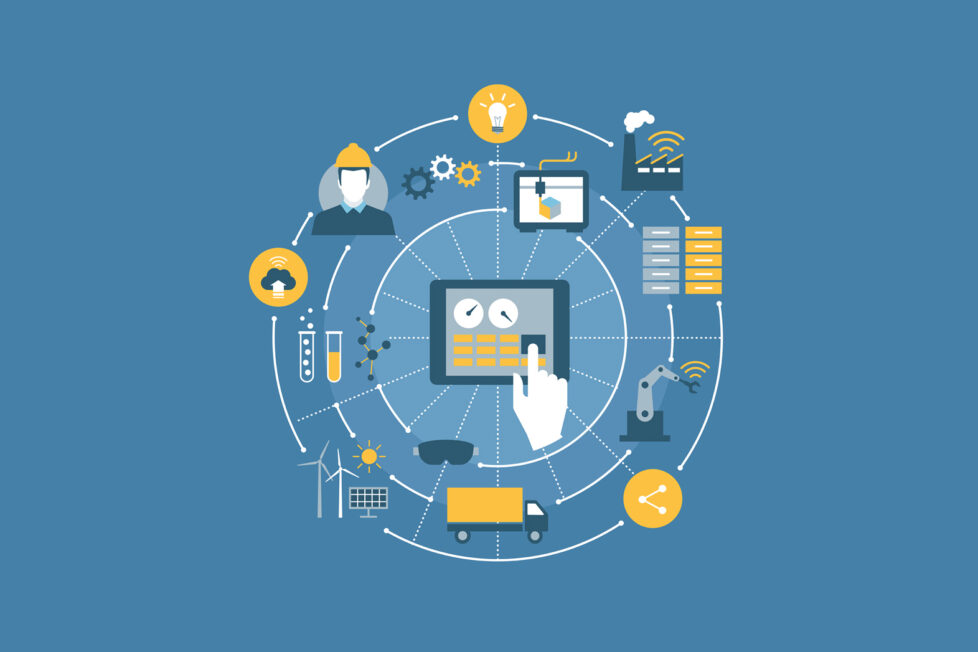The Impact of the Internet On Society: A Global Perspective


When we look back at how our lives have transformed since the Internet has become a part of our daily life, it is fascinating. The Internet era has led to the development of new technologies and has made our lives more comfortable than ever before.
Then came the smartphones, which in the beginning was a luxury, but now a necessity for everyone, from young students to senior citizens. Thanks to super-affordable smartphones and secure data access, the Internet is now at our fingertips.
The Internet has undoubtedly changed the way we live. Smart entrepreneurs have used the opportunity to eliminate the issues we faced daily. From ride-sharing apps helping in easy commute and shopping online at the comfort of our homes and goods delivered at our doorsteps, the Internet has created a faster and more efficient world.
Even amidst a pandemic that has caused unimaginable disruption in the world, the Internet is helping us stay connected. Some of us could also work in our homes. Despite educational institutions remaining shut, E-learning has been instrumental in ensuring minimal disruption of education.
From corporate meetings to global leaders’ conferences, all of them have turned towards the Internet to discuss and decide on essential matters. We can connect to anyone in any corner of the world within a matter of a few seconds. That’s how much the Internet has been a phenomenal revolution. Millions of people around the world depend on the Internet for their livelihood.
Technology has evolved rapidly in the last few decades, starting with computers’ invention to the present-day smartphone era. We have powerful machines that can fit easily into our pockets from massive, heavy, and immovable computers.
When it comes to data storage, too, we had big floppy disks and CD drives; later came the little pen drives, and now we have cloud storage, which doesn’t need any physical device. The Internet has also seen its phases, consisting of static web pages, where people could only consume content.
Web 2.0, the second developmental stage of the Internet, was all about user-generated content, creating a livelihood for millions of content creators on Facebook, YouTube, and TikTok. Many of them work full-time in creating engaging content for their viewers.
Social media has been another marvelous creation powered by the Internet, which has been the key to connecting people worldwide. We have many social media celebrities today who have found their voice on a platform where everyone can be heard. Instant messaging apps and internet calling has made it easy for us to keep in touch with our loved ones, no matter how far we are from each other.
Google has its place in the hearts of people. A simple Google search can offer you hundreds of pages of information that you need to know whatever you want to know. The Internet has helped in understanding other cultures. We can learn about different cultures and languages and broaden our views and perspective, making the world a ‘Global village.’ A lot of our stereotypes have gone away, and our mindsets have changed for good.
It has led to political revolutions and uprisings. During the ‘Arab Spring, we saw it where dictators were overthrown by people who found their collective voice on platforms like Twitter and Facebook. The protests in Hong Kong were primarily organized by students, with no official leaders, and they mobilized millions on the streets with a few posts and tweets.
With smartphones, capturing photos and recording videos became more comfortable, and within minutes it could be shared for people to view around the world. People in democratic countries use the Internet to voice their frustrations and organize protests with great ease. From the streets of Beirut to New Delhi and New York, the Internet has become the favorite tool of concerned citizens who strive to end injustice, fight corruption, and stand for the truth.
Education has become more accessible, especially for those living in small towns and villages, who can access quality education without the trouble of having to relocate or travel every day. It is now possible to attend classes and write exams on the Internet, undoubtedly changing the way we learn.
But with every new development, there are problems and challenges. The Internet is no exception to this. From cybersecurity issues to fake news and dangerous propaganda, the Internet can destroy society as much as it can bring it together. Fundamentalists and extremists have used it to spread their propaganda against minorities and their opponents, which has lead to a massive rise in violence, hate crimes, and genocide in Myanmar.
Facebook has been blamed for not checking on the widespread malicious content in the Burmese language. Fake news and propaganda can spread like wildfire on the Internet, creating divisions in society and an atmosphere of mistrust, which can be dangerous.
Governments have also been accused of surveillance on their citizens to suppress dissent, threatening their privacy. While steps like having a secure IP address through sites and terms like DHCP lease time, what is it, and how to set it. To ensure your first line of safety, you can still never be too cautious.
Companies have also been responsible for selling their customers’ data and not doing enough to protect people’s privacy against cybercrimes, which has to lead to monetary fraud. Like everyone, criminals have also moved their syndicate to the Internet and can easily evade law enforcement authorities.
The impact of the Internet on society can be considered a boon and bane; we must be responsible and raise awareness to make it safe and beneficial.
